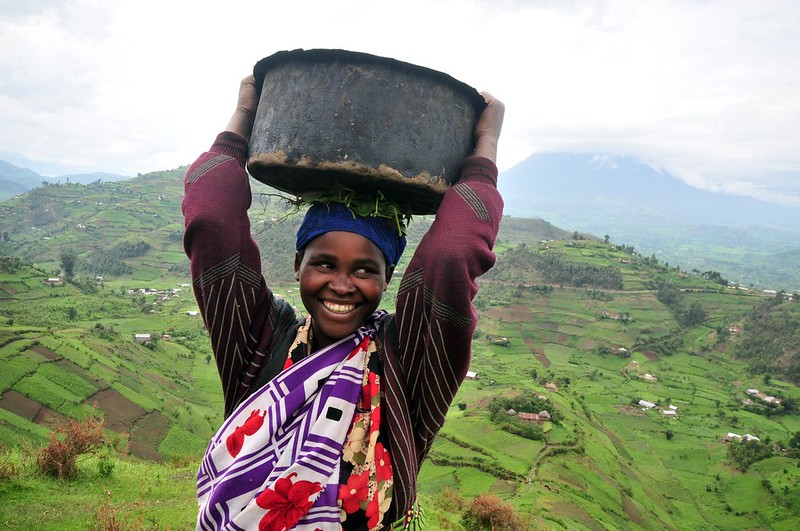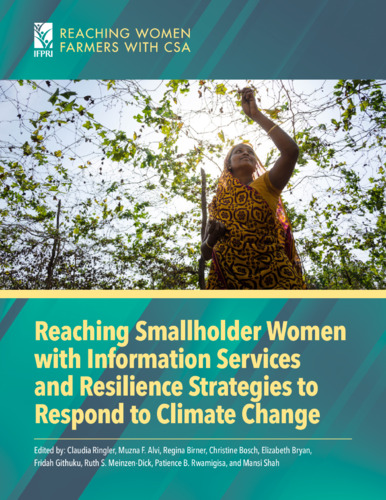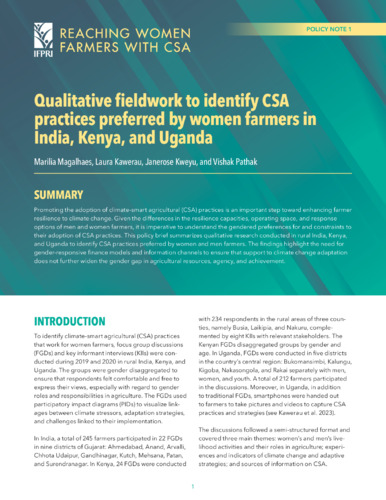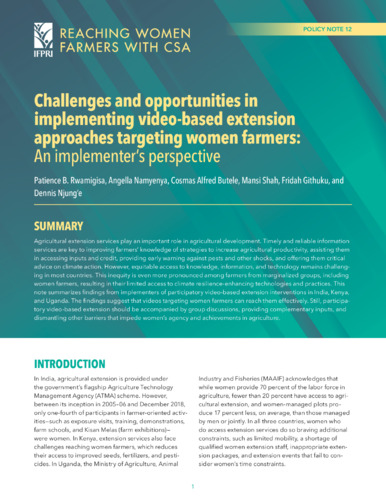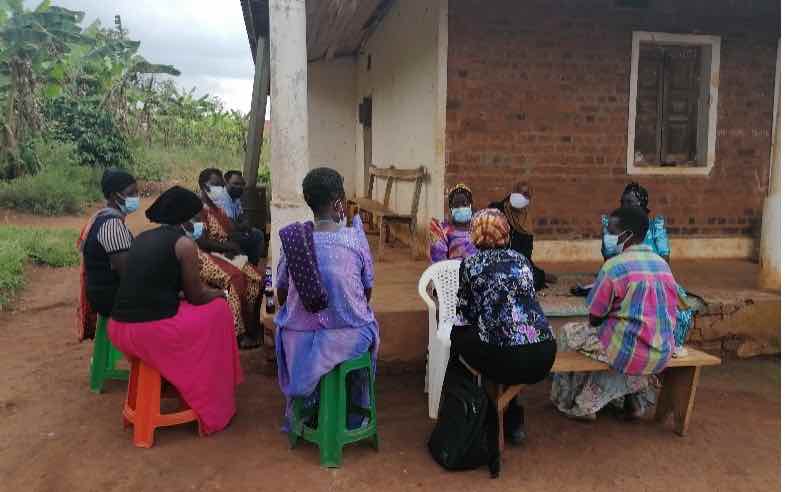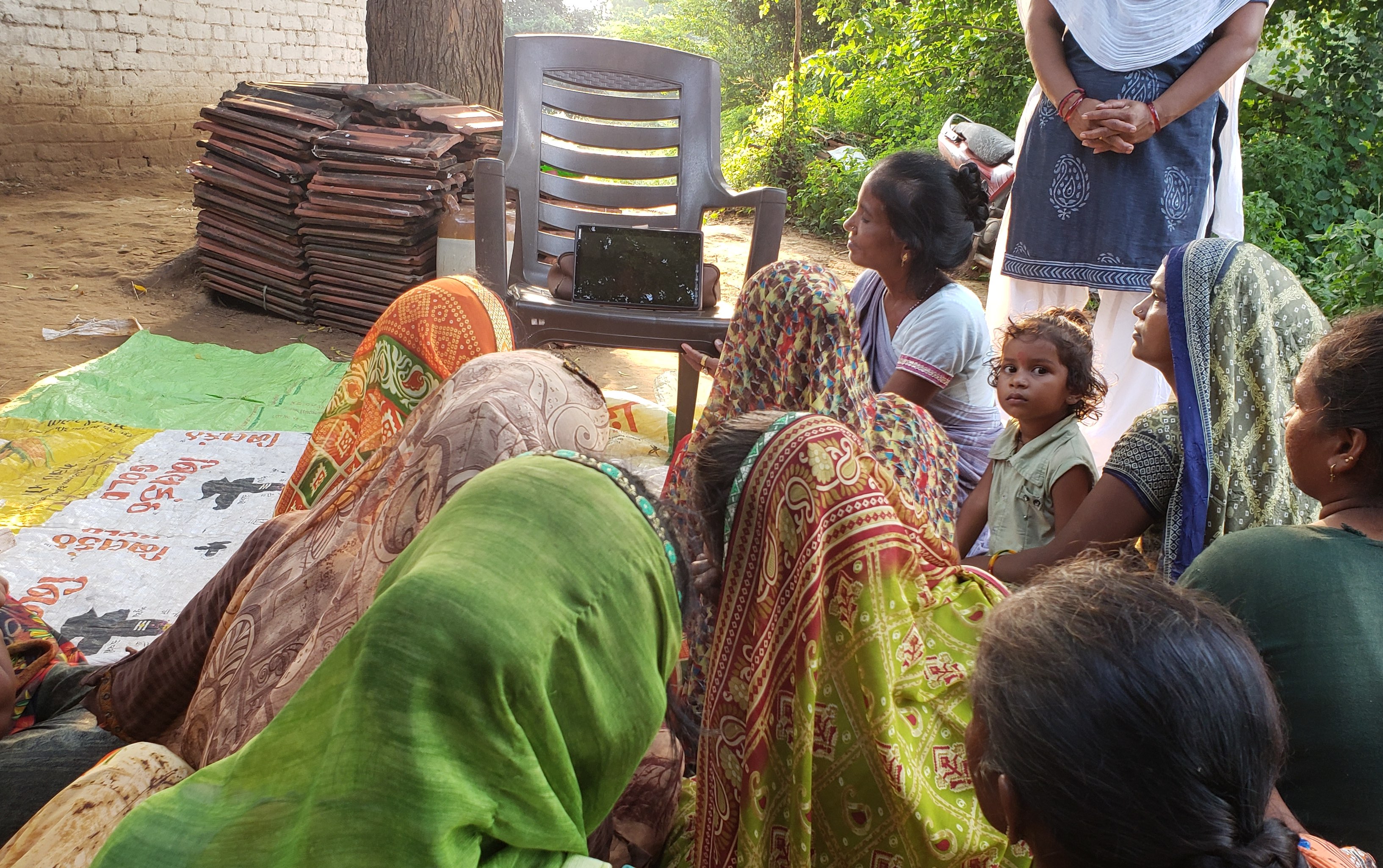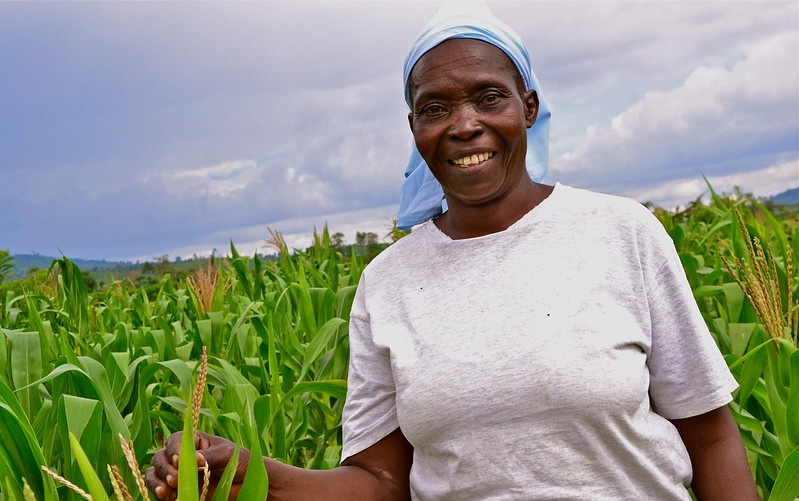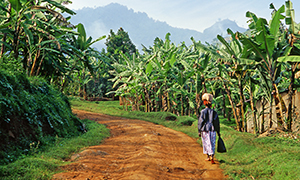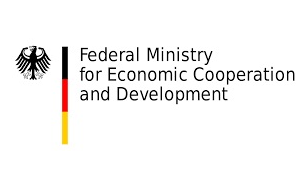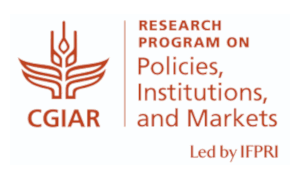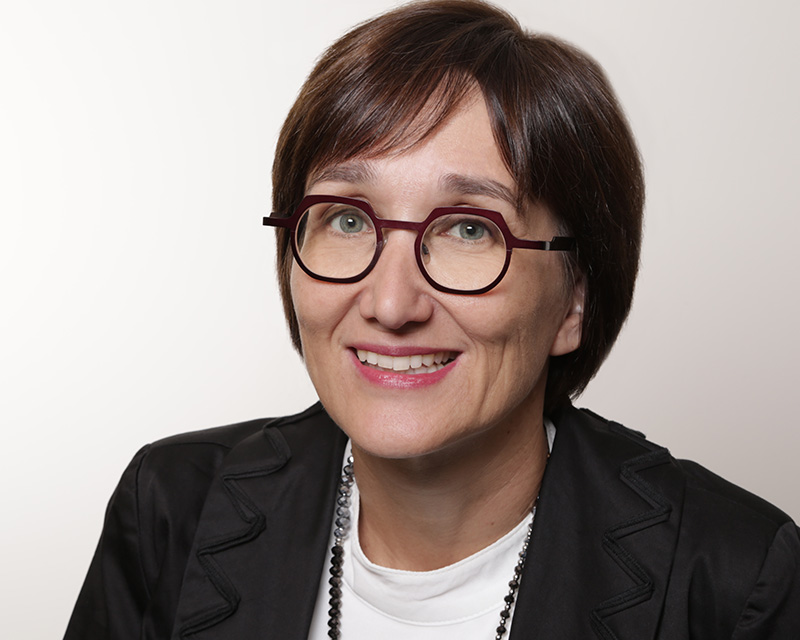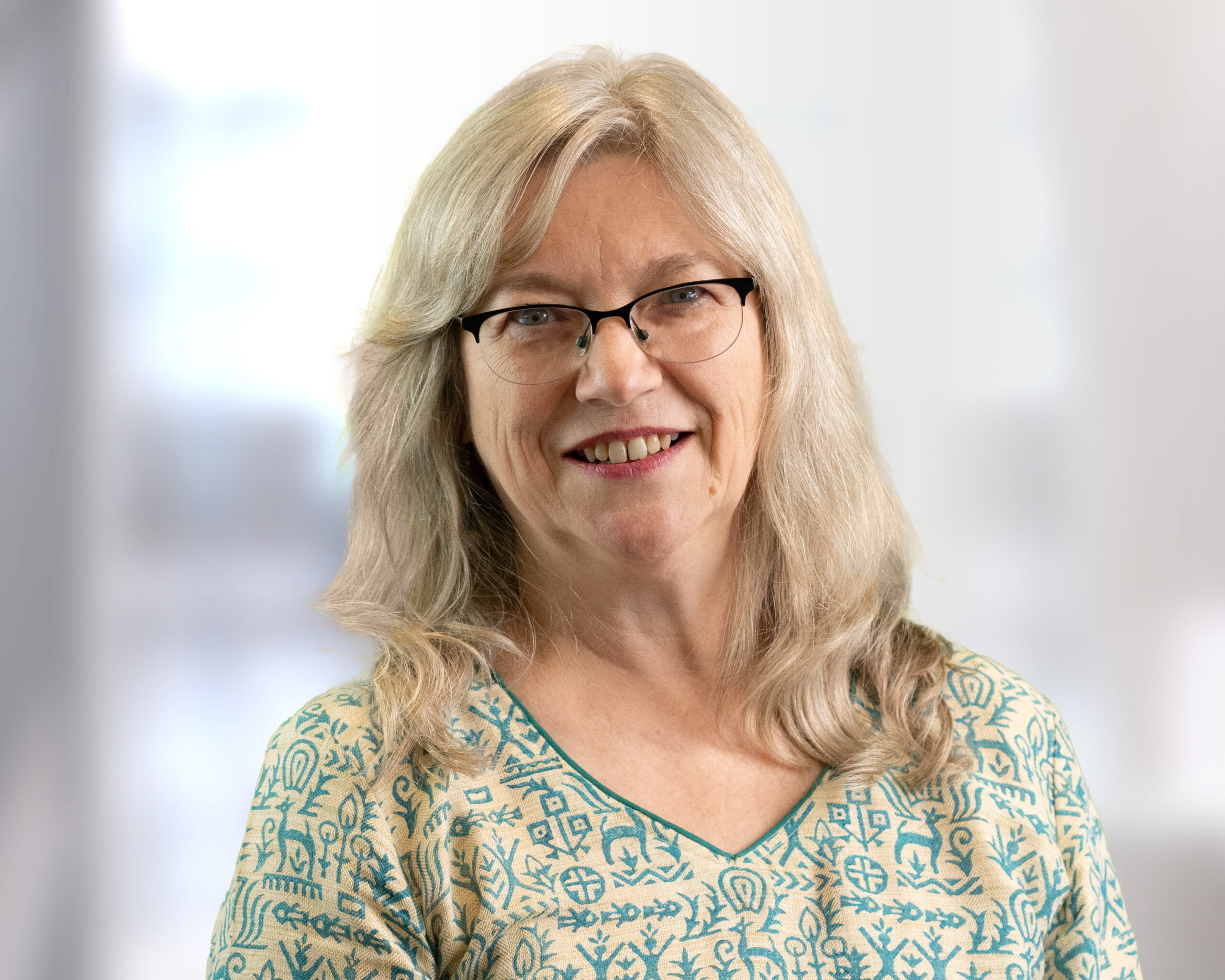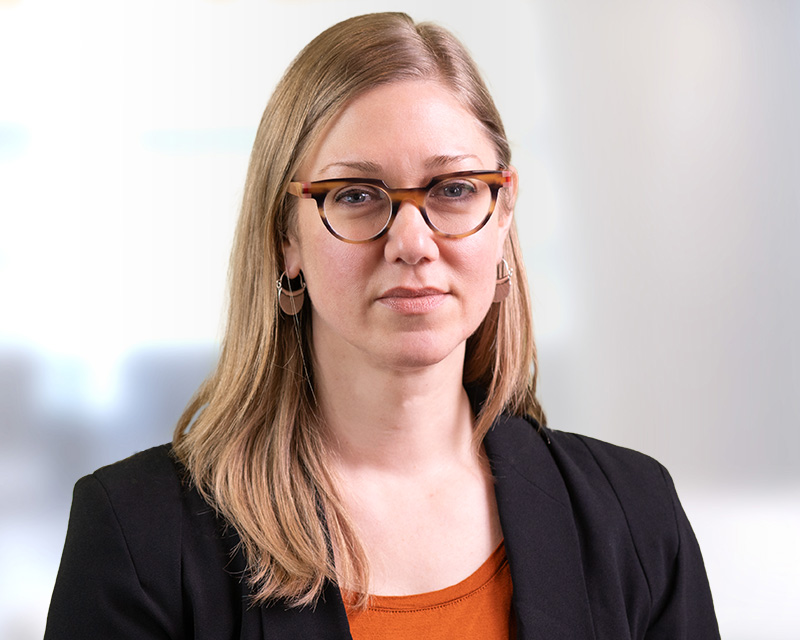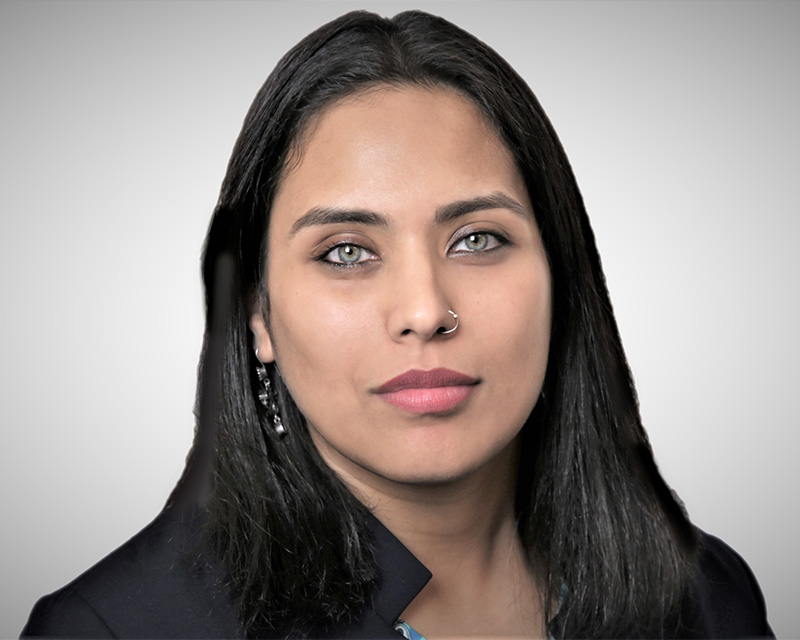Climate change is already affecting the livelihoods of small farmers around the globe, particularly in marginal environments where farmers lack resources to address the climate challenges they face. Climate-smart agriculture (CSA) is a set of guiding principles to identify technologies, practices, tools and policies to sustainably increase agricultural productivity and incomes, and resilience to climate change, while reducing greenhouse gas (GHG) emissions. However, research shows that women tend to have less access to information on climate change and CSA practices, leading to lower adoption rates among women compared to men. To address this constraint and facilitate women’s contribution to CSA, the project “Reaching Smallholder Women with Information Services and Resilience Strategies to Respond to Climate Change” aims to reach more than 30,000 women in smallholder farm households with information on CSA approaches using innovative information services in parts of India, Kenya and Uganda. Information on CSA will be tailored to local needs and preferences and gender-sensitive dissemination approaches will be used to facilitate uptake of CSA practices that will increase resilience to climate change, and contribute to closing gendered yield gaps, improving food security, and reducing natural resource degradation. To do this, the proposed project will work with grassroots women’s organizations and university institutions, including the Self-Employed Women’s Association (SEWA) in India, GROOTS in Kenya, and Uganda’s Africa Institute for Strategic Animal Resource Services Development (AFRISA) of Makerere University to pilot innovative information services featuring locally-appropriate CSA practices.
Outputs
- Identified set of viable, locally effective, gender-responsive climate-smart agricultural technologies and practices based on the knowledge of national partners, literature reviews, household survey data and on ex-ante simulation modeling;
- Innovative video-based extension approaches and methods developed to reach women farmers;
- Extension messages deployed to reach more than 30,000 farmers; and
- Cross-country learnings and synthesis.
Interactive Poster:
- Shweta Gupta, Shweta; and Saini, Smriti. 2020. Not Just a Call Away: Issues faced during phone surveys of women in India and Nepal.
Presentations:
- Welk, Lukas; Bosch, Christine; Bryan, Elizabeth; Kato, Edward; Seymour, Greg; and Birner, Regina. 2022. Gender differences in crop productivity and women’s empowerment: Evidence from Uganda.
- Alvi, Muzna; Barooah, Prapti; and Gupta, Shweta. 2021. Women’s access to agriculture extension amidst COVID-19: Insights from India and Nepal.
- Davis, Kristin. 2021. Organizational innovation in times of crises: The case of extension and advisory services during COVID-19.
- Lecoutere, Els; Spielman, David J.; and Van Campenhout, Bjorn. 2021. Empowering women through targeting information or role models: Evidence from an experiment in agricultural extension in Uganda.
- Kawerau, Laura; Butele, Cosmas Alfred; Birner, Regina; Birkenberg, Athena; and Daum, Thomas. 2021. Using photovoice and video for farmer-to-farmer extension: A case study on climate-smart agriculture (CSA) from Uganda.
- Khan, Rashid; Bosch, Christine; Kato, Edward; Bryan, Elizabeth; Birner, Regina; Daum, Thomas; Gupta, Saurabh; and Ringler, Claudia. 2021. Gender differences in access to information and adoption of climate-smart agriculture practices in Uganda: The role of women’s empowerment.
- Azzarri, Carlo; and Nico, Gianluigi. 2021. Gendered targeting of agricultural extension and weather variability in Africa south of the Sahara.
- Alvi, Muzna; Barooah, Prapti; and Gupta, Shweta. 2021. Women’s access to agriculture extension amidst COVID-19: Insights from India and Nepal.




